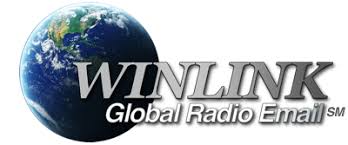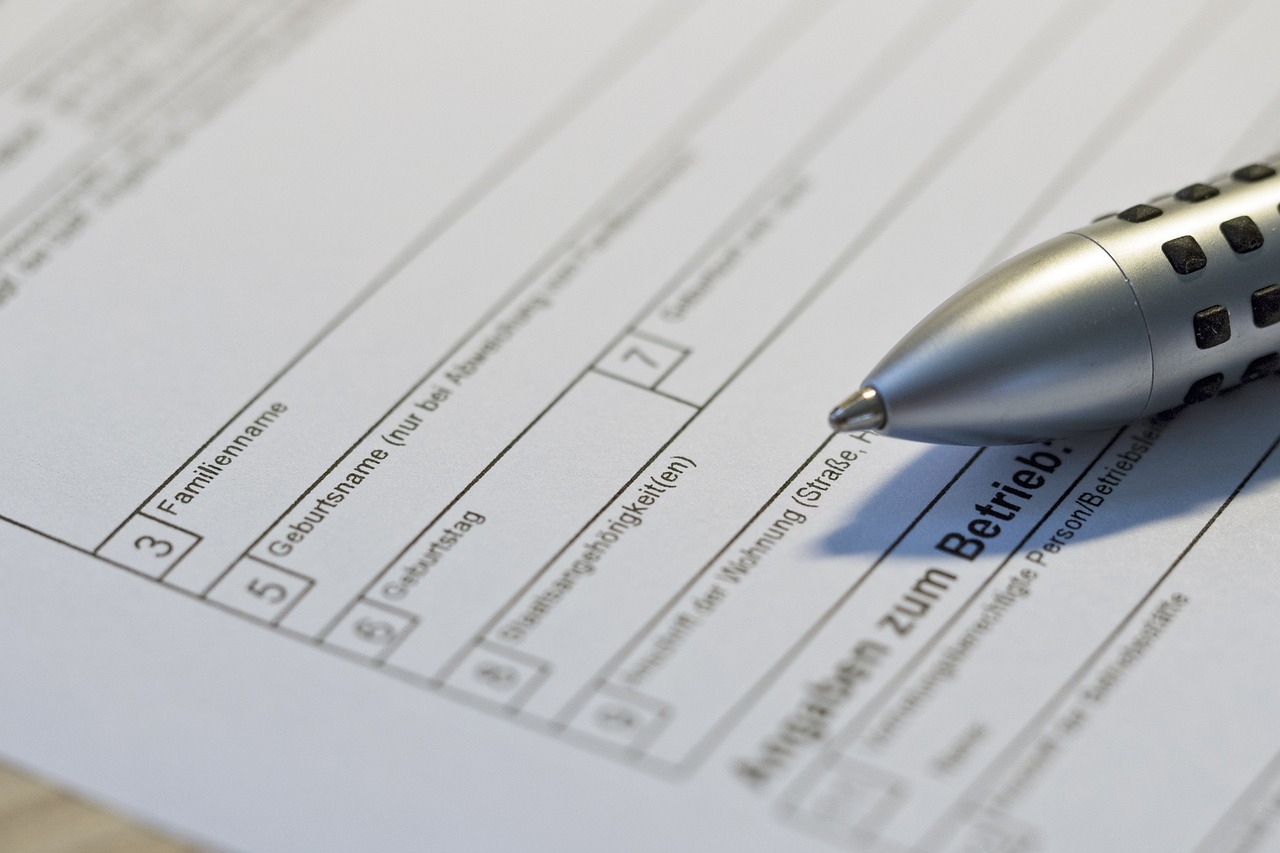The Dark Skies Severe Weather Seminar sponsored by the Midwest Severe Storm Tracking/Response Center will be held this year on March 8, 2025 from 0900 CST to 1530 CST at Madison College, 1701 Wright Street, Madison, WI, Room D1630. It looks to be an interesting program including Alex Harington – Chief Meteorologist, WISC Channel3000, some presentations from Atmospheric & Oceanic Sciences; Director, Space Science & Engineering Center UW Madison just to name a few. You will also be able to satisfy the SKYWARN Spotter training on your ARES Standardized Training Plan Task Book. For more information please refer to the Seminar website at: https://sites.google.com/view/midwestsstrc-darkskies/home
Hamword
This one is just for fun. If you are committee to Wordle you will love this. Each week a new word is chosen. Once you submit your guess on the quarter-hour you will receive your result and you can guess again. See the URL for instructions and scoreboard.
To: HAMWORD
Subject: Anything you want
Body: A 5 letter word
Florida Winlink Net
Name: Florida Winlink Net
To: All information at: W4AKH.NET
URL for more information: W4AKH.NET
Day(s)/Time of Week to check in: Runs 24/7, but Tuesday 0900 ET is the break-point for the ‘next week’
Additional Notes: All information at: W4AKH.NET
Runs 24/7, but Tuesday 0900 ET is the break-point for the ‘next week’
They encourage battery or solar power sources.
Checkin by regular RMS, or by P2P sessions.
They have a daily schedule of P2P stations around the US, with varying times on several frequencies, including the upper midwest (WI and MN)
AMLEGNELCO Post 42 Winlink Net
Name: AMLEGNELCO Post 42 Winlink Net
To: AMLEGNELCO
Subject: AMLEG Post 42 Winlink Check-In (or the subject line generated by the Form)
Body: Call Sign, Name, City, County, State or Country (2 Letter abbrev), Band and Mode (See the instructions in the URL)
URL for more information: https://tinyurl.com/AMLEGNELCO-WINLINK-NET
Day(s)/Time of Week to check in: 0001 ET Tuesday and 2359 ET Sunday
Additional Notes: Please check the URL above for additional instructions as the task changes on a weekly basis.
Winlink Wednesday
Name: Winlink Wednesday
To: KN4LQN
Subject: Winlink Wednesday Check-In
Body: call sign, first name, city or town, county, state (HF or VHF, etc.)
URL for more information: https://winlinkwednesday.net
Day(s)/Time of Week to check in: Wednesdays 0000 to 2359ET
Additional Notes: Be sure to check the above URL or the reminder notice you will get each week as the assignment may change.
They have both P2P and regular check-ins; P2P stations around the US
They vary the information; sometimes a simple message, sometimes Weather form, sometimes ICS-213
Please do not use a “Telnet Winlink” connection (which defeats the purpose of Winlink). The goal is to have the message leave your station via RF.
OH Winlink Net
Name: OH Winlink Net Reminder
To: K8EAF
Subject: OH Winlink Net Check-in
Body: callsign, first name, city, county, state and via what mode/band (VHF, UHF, HF, SHF, TELNET, APRS, AREDN, ARDOP, VARA, VARA FM)
Day(s)/Time of Week to check in: You can check-in anytime day or night between Monday and Thursday of each week
Additional Notes: This is a good time to test drive the Winlink forms. Many operators like to use the Winlink Check-In form located in the General Forms tab (Templates Tab > Standard Templates > Mapping GIS Forms > Winlink Check In). Include your current GPS Lat and Long on the form.
WI ARES/RACES Digital Net Check-in
Name: WI ARES/RACES Digital Net Check-in
To: KD9USW
Subject: //WL2K WI ARES/RACES Digital Net Check-in
Body: callsign, first name, city, county, state (if outside WI).
Day(s)/Time of Week to check in: 00:00 UTC until 24:00 UTC Tuesday. (6:00 pm CST Monday to 6:00 pm CST Tuesday)
Additional Notes: I often miss this one since it is only open for 24 hours. This is the state ARES/RACES Winlink Net
Great Lakes Area Winlink Net
Name: Great Lakes Area Winlink Net
To: GLAWN
Subject: GLAWN Checkin <today’s_date>
Body: The Checkin each week look like this
##Callsign | Firstname | City | County | State (abbr) | Country (3 letter abbr) | band | mode | grid##
with the ## marker identifying the checkin data, enabling the use of any winlink form for checking in.
Day(s)/Time of Week to check in: Check in between Monday at 0001 UTC to Saturday at 2359 UTC
Additional Notes: The GLAWN Facebook page will give you the most up to date information about check-ins for the week. You can find the group at: https://www.facebook.com/groups/1356630358366704/
Dane/Iowa County ARES/RACES Meeting January 29

Wow, the last Wednesday of the month is near!
This month will be Winlink, winlink, winlink. We’ll show you a bunch of stuff on winlink…
- Setting Up a WinLink Account
- Start with Telnet Sessions
- Creating a message
- Sending/Receiving
- Using Forms
- Send/Reply using ICS213
- Using email (//WL2K)
- Creating/Using A Tactical Call
- RF Winlink
- VARA FM
- P2P VARA or Packet
- Winlink Nets
If you have a laptop that you use (or plan to use) with Winlink bring it along and join the fun.
We’ll meet at 7 pm on Wednesday Jan 29 at the Dane County EOC at 2982 Kapec Rd. Fitchburg, WI 53719
If you are unable to join us in person you can join us virtually using the Google Meet. Even if you can’t be there, if you have winlink installed you’ll be able to participate from home as well! If you need the Google Meet connection information and you didn’t get the email notification, drop a note to kc9unz@arrl.net, include your call sign and name and I’ll send it along.
See you on Wednesday.
2025 ARES/RACES Contact and Capabilities Form
Each year we update everyone’s contact information and the capabilities they bring to ARES participation. We also ask if they are interested in participating this year. Remember, there are no dues for ARES/RACES participation, only a willingness to improve your skills and a willingness to use your skills for public service and if we are deployed. This form helps us keep our information up to date and to tailor the training opportunities to our active membership.
Please use this form to submit your information for 2025: https://forms.gle/NG8gkfr1Vbeiezt26
